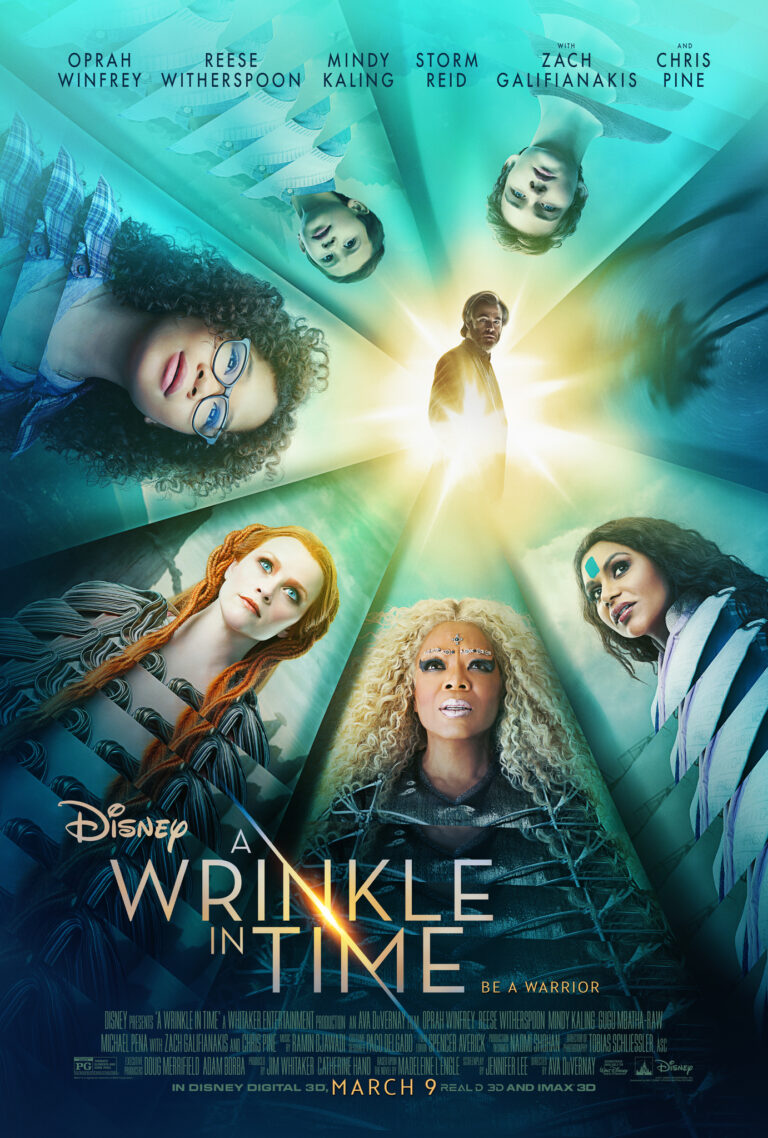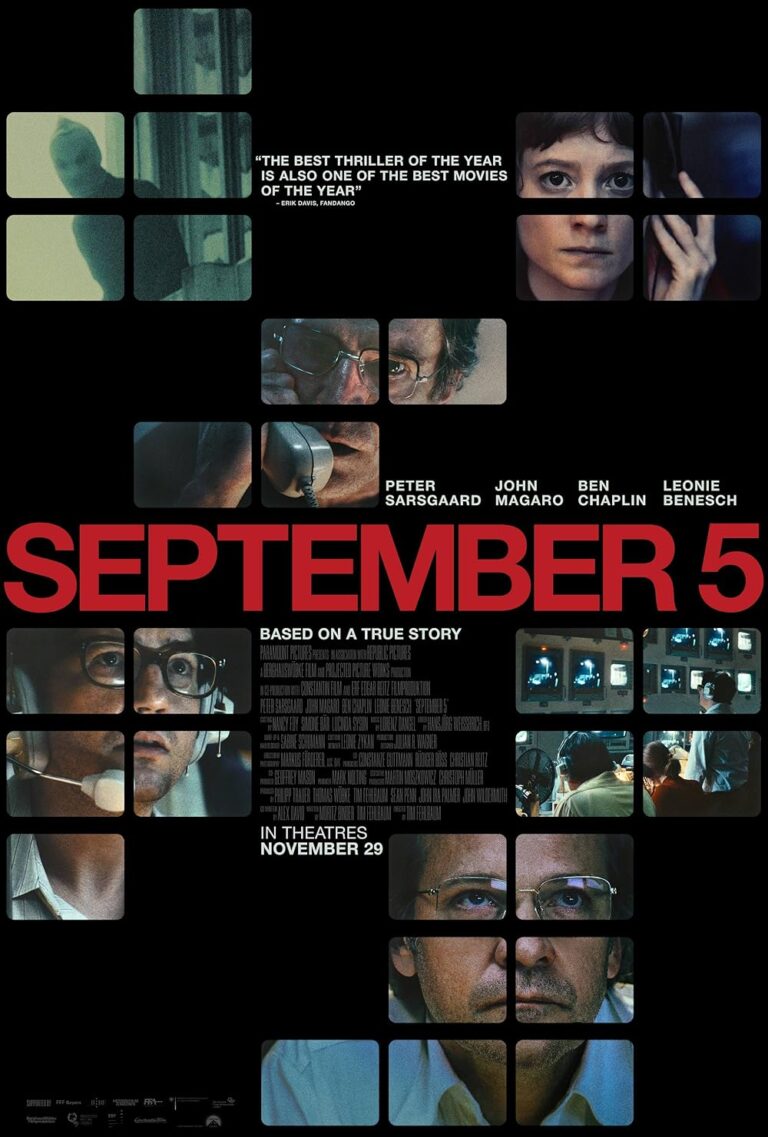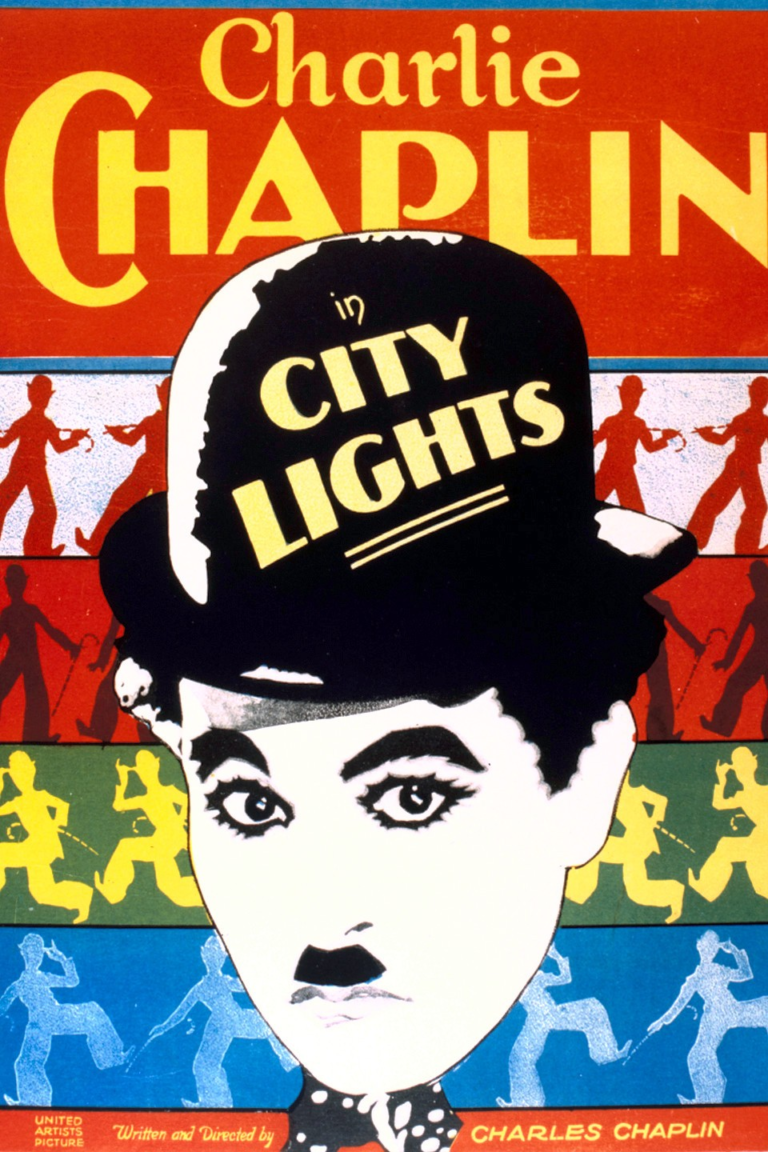Pachinko Christian Review

To call Pachinko a television show feels like an understatement. It’s more like a symphony—a carefully composed piece of art that harmonizes storytelling, visuals, and raw emotion. As you watch, it doesn’t just unfold; it immerses you, and by the end, you feel as though you’ve lived through decades of triumph, loss, and resilience alongside its characters. It’s a sprawling, generational tale that grips your heart and never quite lets go.
But this isn’t just a review. It’s a reflection—on how Pachinko captures the essence of the human condition, all while subtly weaving in themes that resonate with a Christian perspective on life, suffering, and redemption.
A Canvas Painted with Light and Shadows
Every frame of Pachinko feels intentional, as if the creators were painting a masterpiece instead of filming a series. Directed by the brilliant Kogonada and Justin Chon, the visuals are lush and evocative. The story is told with a striking attention to detail, blending the harsh realities of history with moments of unexpected beauty.
The landscapes, the textures of clothing, the expressions on the actors’ faces—each element works together to tell a story even when words aren’t spoken. Watching it feels like stepping into a gallery, where each episode is a new exhibit. For anyone who appreciates the artistry of storytelling, it’s impossible not to marvel at how everything is woven together.
Generations of Struggle, Survival, and Sacrifice
At its core, Pachinko tells the story of four generations of a Korean family navigating the tumultuous waters of immigration, identity, and belonging. It centers around Sunja, whose life becomes the anchor for this multigenerational saga. Her journey is both deeply personal and a lens through which we see larger historical forces at play—Japanese colonization, the Korean diaspora, and the enduring search for a place to call home.
For a Christian viewer, the themes of generational legacy feel particularly poignant. The Bible frequently speaks of the blessings and burdens passed down through families, and Pachinko mirrors this truth with remarkable nuance. Sunja’s choices ripple through time, shaping the lives of her descendants. It’s a reminder of how interconnected our lives are, and how the decisions we make today echo into the future.
The Weight of Suffering, the Promise of Hope
Suffering is woven into the fabric of Pachinko, but it’s never gratuitous. Instead, it’s portrayed as an inevitable part of life—a crucible that tests the characters and, in many cases, refines them. Sunja’s resilience in the face of poverty, discrimination, and loss is both heartbreaking and inspiring. Her story is a testament to the human spirit’s ability to endure and find meaning even in the most challenging circumstances.
As Christians, we understand the concept of redemptive suffering—the idea that pain can lead to growth, healing, and ultimately, glory. Pachinko doesn’t shy away from this truth. It shows how struggles can shape a person’s character and deepen their understanding of what truly matters. It’s a reminder of Romans 5:3-4, which speaks of suffering producing perseverance, character, and hope.
A Symphony of Characters
What makes Pachinko truly unforgettable are its characters. Sunja, played at different stages of life by Kim Min-ha and Youn Yuh-jung, is the beating heart of the series. Kim’s portrayal of young Sunja is nothing short of mesmerizing a balance of innocence, determination, and unyielding strength that captures the viewer’s soul. Then there’s Youn Yuh-jung as elder Sunja, whose quiet dignity and emotional depth bring the story full circle. Together, these performances create a portrait of a woman who carries the weight of her family’s legacy while embodying hope for the future.
The supporting characters are no less compelling. From Hansu, the enigmatic and morally complex figure portrayed with gravitas by Lee Min-ho, to the next generations of Sunja’s family, each character feels lived-in and multidimensional. They’re flawed, yes, but in ways that make them profoundly human.
In many ways, the characters of Pachinko reflect the Biblical idea that every person is a mixture of sin and grace. Their actions, both noble and questionable, serve as a reminder that while humans are fallen, they are also capable of redemption and love.
The Seamless Weave of Time and Memory
What sets Pachinko apart from other multigenerational dramas is how it moves through time. The narrative doesn’t unfold chronologically; instead, it skips between eras, linking the struggles and triumphs of Sunja’s past with the dilemmas faced by her descendants. This non-linear storytelling feels like a meditation on memory—how the past isn’t just behind us but intertwined with the present.
For Christians, this interplay between past and present resonates deeply. It reminds us of the Biblical concept of eternity, where time is not linear but a tapestry woven by God. The choices of one generation affect the next, just as the faithfulness of our ancestors can serve as a foundation for our own journeys.
Beauty in Imperfection
While Pachinko is undeniably exquisite, it isn’t without its imperfections. Some moments feel rushed, particularly in the latter episodes as the series begins to tackle more contemporary themes. The show leaves several threads dangling, which can feel frustrating for viewers who crave resolution.
But perhaps this lack of neatness is intentional. Life, after all, rarely wraps up in a tidy bow. The unfinished threads of Pachinko mirror the unresolved tensions in history and in our own lives. It’s a reminder that while we may not see the full picture now, there is always more to the story—just as we trust that God is weaving all things together for good, even when we can’t yet see the final design.
A Testimony to History and Identity
One of the most striking aspects of Pachinko is its ability to connect the personal with the historical. The series doesn’t just recount events; it delves into their emotional and spiritual impact on individuals and families. It’s a sobering reminder of how history shapes identity and how identity, in turn, shapes our understanding of history.
For viewers in the United States, the themes of Pachinko carry a particular resonance. The series speaks to the immigrant experience, the struggle to preserve cultural identity, and the longing for acceptance—all themes that echo loudly in a nation built by immigrants.
The Gospel According to Pachinko
While Pachinko isn’t explicitly Christian, its themes of perseverance, redemption, and the enduring power of love align beautifully with a Christian worldview. It shows how faith—whether in God, in family, or in the hope of a better future—can sustain us through life’s darkest moments.
The series also challenges viewers to consider their own legacies. What kind of foundation are we building for the next generation? How are we stewarding the gifts and opportunities God has given us? In the end, Pachinko isn’t just a story; it’s an invitation to reflect on our own lives and the stories we’re creating.
A Final Word
Pachinko is more than a television series; it’s an experience. It invites you into the lives of its characters and leaves you changed by the time you leave. With its breathtaking visuals, powerful performances, and profound themes, it’s a show that demands to be seen and felt.
For its artistry, emotional depth, and spiritual resonance, I give Pachinko a 9 out of 10. It’s a near-perfect piece of storytelling that lingers long after the final scene, reminding us of the beauty and complexity of life—and the hope that carries us through it all.





